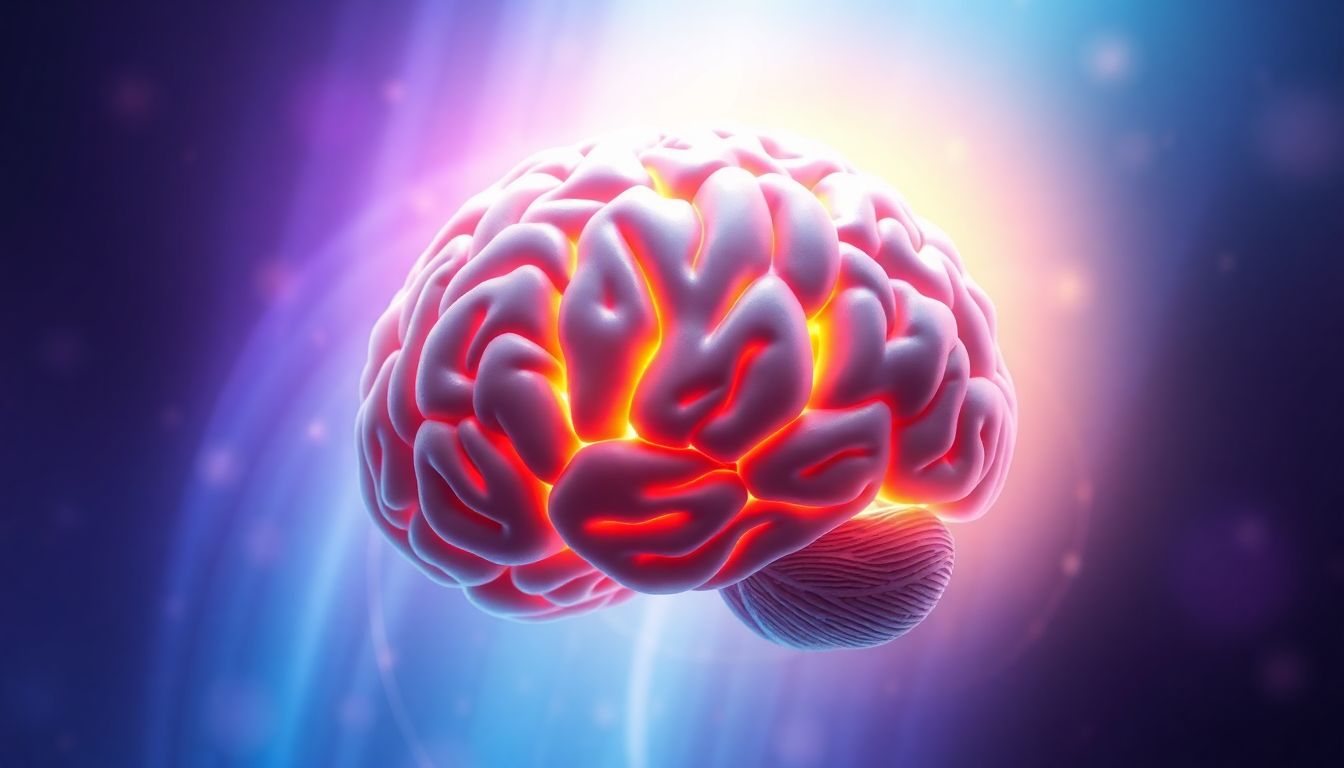Unlock Your Cognitive Potential: A Guide to Nootropics

The Brain-Boosting Revolution
As society pushes forward, people are keen to enhance their minds. Whether it's remembering names, improving focus, or maintaining mental clarity, many seek ways to unlock their full cognitive abilities. Enter nootropics: substances designed to enhance brain function, offering a promising path to sharper thinking and creativity.
The Quest for Enhanced Cognition
The human brain is the command center of our body. Enhancing its capabilities is a popular goal. Busy lifestyles and constant distractions can hinder mental performance. Therefore, individuals turn to nootropics, searching for that extra edge.
What are Nootropics?
Nootropics, often called smart drugs or cognitive enhancers, are substances that may boost cognitive functions like memory, creativity, and motivation. They can be synthetic compounds or natural substances. While they hold great potential, understanding their effects is crucial.
A Brief History of Cognitive Enhancement
The search for better brain function isn't new. Ancient cultures used herbs and plants believed to improve memory and focus. In the 1970s, the first modern nootropic, Piracetam, emerged, sparking interest in the potential for cognitive enhancement in science and medicine.
Understanding Nootropic Mechanisms
Nootropics work through various mechanisms. Understanding how they function can guide their use.
Neurotransmitter Modulation
Nootropics can affect neurotransmitters, the chemicals that transmit signals in the brain. By enhancing or balancing these signals, users may experience improved mood, focus, and memory.
Brain Blood Flow Improvement
Improving blood flow to the brain ensures that neurons receive adequate oxygen and nutrients. Many nootropics may enhance circulation, promoting better cognitive performance and faster reaction times.
Cellular Protection and Repair
Some nootropics protect brain cells from damage caused by stress or aging. These substances may stimulate repair processes, helping maintain optimal brain health over time.
Popular Nootropics and Their Benefits
Numerous nootropics are available today, each with unique benefits and potential side effects.
Racetams: Sharper Focus and Memory
Racetams are among the most researched nootropics.
Examples: Piracetam, Aniracetam, Oxiracetam
- Piracetam: Increases blood flow and may improve memory.
- Aniracetam: Enhances creativity and reduces anxiety.
- Oxiracetam: Increases focus and reaction time.
Potential Benefits and Side Effects
While racetams may enhance cognition, possible side effects include headaches and fatigue. Users should start with caution.
Cholinergics: Boosting Memory and Learning
Cholinergics improve cognitive function by boosting acetylcholine, a neurotransmitter linked to memory.
Examples: Alpha-GPC, Citicoline
- Alpha-GPC: Enhances memory and supports learning.
- Citicoline: Improves attention and promotes brain health.
Potential Benefits and Side Effects
Cholinergics can lead to improved memory and focus but may also cause digestive issues in some users.
Adaptogens: Stress Resilience and Cognitive Function
Adaptogens help the body manage stress and can enhance overall cognitive performance.
Examples: Rhodiola Rosea, Ashwagandha
- Rhodiola Rosea: Reduces fatigue and improves focus.
- Ashwagandha: Lowers stress and supports cognitive function.
Potential Benefits and Side Effects
These herbal supplements generally have a good safety profile but may cause sleepiness or digestive upset.
Choosing and Using Nootropics Safely and Effectively
Choosing nootropics requires responsibility.
Consult a Healthcare Professional
Always seek advice before using nootropics, especially if you have underlying health conditions.
Start with Low Doses and Monitor Effects
Begin with small doses to assess your body’s reaction. Gradually increase as necessary to avoid side effects.
Stacking Nootropics: Synergistic Effects and Potential Risks
Some people combine nootropics for enhanced effects, known as stacking. However, this can also increase the risk of side effects. Proceed with caution.
Combining Nootropics with Lifestyle Changes for Optimal Results
Nootropics alone aren’t a magic solution. Pairing them with healthy habits amplifies their effects.
Diet and Nutrition: The Foundation for Cognitive Health
Brain-Boosting Foods
Nutrition plays a key role in brain health. Incorporate foods like:
- Fatty fish
- Berries
- Nuts
- Leafy greens
Hydration and its Impact
Stay hydrated. Dehydration can impair cognitive function. Aim for eight glasses of water daily.
Sleep and Cognitive Function: The Importance of Rest
Tips for Better Sleep Hygiene
To improve sleep:
- Establish a regular sleep schedule.
- Limit screen time before bed.
- Create a comfortable sleep environment.
Sleep Deprivation and its Cognitive Effects
Lack of sleep impairs memory and focus, making it crucial for cognitive function.
Exercise and Cognitive Enhancement: The Body-Mind Connection
Physical activity enhances brain health.
Aerobic Exercise Benefits
Cardio boosts blood flow to the brain, promoting better cognitive function.
Strength Training Benefits
Strength training improves mood and cognitive performance by enhancing brain plasticity.
Conclusion: Unleash Your Cognitive Peak
Nootropics can be a valuable tool in enhancing cognitive function. By understanding their mechanisms and using them safely, you can unlock your mind's potential.
Key Takeaways and Actionable Steps
- Understand what nootropics are and their effects.
- Start with low doses and consult a professional.
- Combine nootropics with healthy lifestyle changes for maximum impact.
Long-Term Cognitive Health Strategies
Maintaining cognitive health involves a well-rounded approach, including nutrition, exercise, sleep, and stress management. Focus on these areas to optimize brain function over time.
The Future of Nootropics and Cognitive Enhancement
As research continues, the potential for nootropics will likely expand. Stay informed and consider integrating them thoughtfully into your routine for long-term cognitive benefits.

.webp)


